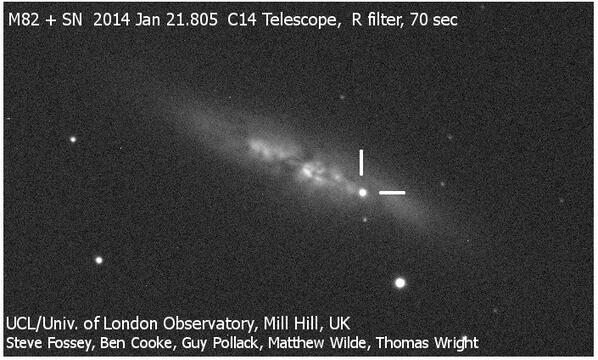"Why not treat scientists like the highest paid footballers? They're doing a bit more than kicking balls around... bit.ly/1dbVmlF"
A nice article with some pretty good comments and discussion...But,
I don't think the argument is as simple as that. Should we should pay scientists more? or should we should treat scientists like celebrities? This is about equality, respect, trust, celebrity and effectiveness. In this post, i'll address each of those.
Equality
Of course I agree with paying scientists more. First up though, I'd extend this to all academics and researchers from any field. Academics certainly do contribute to society and should be rewarded for doing so. Then, if it's contribution to society, then we should also include teachers, garbo's, police to list only three. A call for more money for scientists will not make the problem go away. Either footballers would still get paid too much and the issue will get passed onto other fields, or scientists get paid too much, and the situatino is switched.
Respect
Granted, footballers are well respected amongst their fan base, but I certainly don't respect them when they abuse referees, hit their partners, drink too much an punch on... etc, no matter how much they get paid.
Trust
If it is a questions of "Should we trust scientists more than footballers?" We already do! Here is a small piece of analysis of Australia's most trusted people from last year. For the full list, go to http://www.readersdigest.com.au/australias-most-trusted-people-2013
Here's the top 11 for you
1. Charlie Teo, neurosurgeon
2. Fiona Wood, burns specialist
3. Ian Frazer, immunologist and cancer vaccine researcher
4. Chris Riley, founder of Youth Off The Streets
5. Ian Kiernan, Clean Up Australia founder
6. Mary, Crown Princess of Denmark
7. Dick Smith, entrepreneur
8. Catherine Hamlin, obstetrician and gynaecologist
9. Harry Cooper, TV vet
10. Hugh Jackman, actor
11. Karl Kruszelnicki, science journalist
The first three at the on the list I would consider as academics. I'd also ad din #8, #9 and of course #11. No Sports people! The first appearance of a sports person in the list is Libby Tricket (Swimmer) at #18, the first footballer of any kind is Lucas Neill at #49 (The only other footballers in the list are Essendon coach James Hird and Union player Quade Cooper #59 & #71)
Celebrity
There are indeed some super celebrity scientists out there. Some of them I can think of off the top of my dome are Dr Karl, Carl Sagan, Brian Cox, David Attenborough, Robert Winston, Bill Nye, Neil Degrasse Tyson, Michio Kaku, Adam Spencer. Richard Dawkins, Laurence Krauss, Brian Schmidt. And that's enough for a football team!
Do we really want to treat scientists like sportspeople anyway? I really don't think so. Spreading their image all over tabloids, fabricating stories about their personal lives, constantly hassling them for their opinions that have nothing to do with their field of research (and focussing only on that, not their amazing skill and work). I imagine that most scientists would probably prefer to be left alone to do their research, rather than be the focus of talkback radio shock jocks or papparazzi for example.
Scientists probably don't want that celebrity status, sure a bit of extra coin would be nice, but we could all use that!
Effectiveness
We should certainly not take away the skill, hard work, training, commitment and sacrifice that sportspeople make as well. Could a scientist kick a football around with absolute precision? Probably not (watch Nerds FC!!)
Science is not exactly a spectator event. A thrilling computer simulation just wouldn't get as many ratings as a down to the wire sport contest. We are entertained by sports, a major part of it's popularity is entertainment. That is not the case for science. We do not do science for entertainment, we do it to advance knowledge and make sense of the natural world. They are different, just different, so I think it would be ineffective to simply expect to make scientists into celebrities.
Conclusion
In principle I think the idea is good. Let's pay scientists more. Perhaps sportspeople do get paid too much, but the point is a little bit more complicated than that. In addition, I think the question should really be about if it's really a good move.
Now That'll do from me, the cricket's on!
I'm happy to discuss this further. There's heaps more in it!
